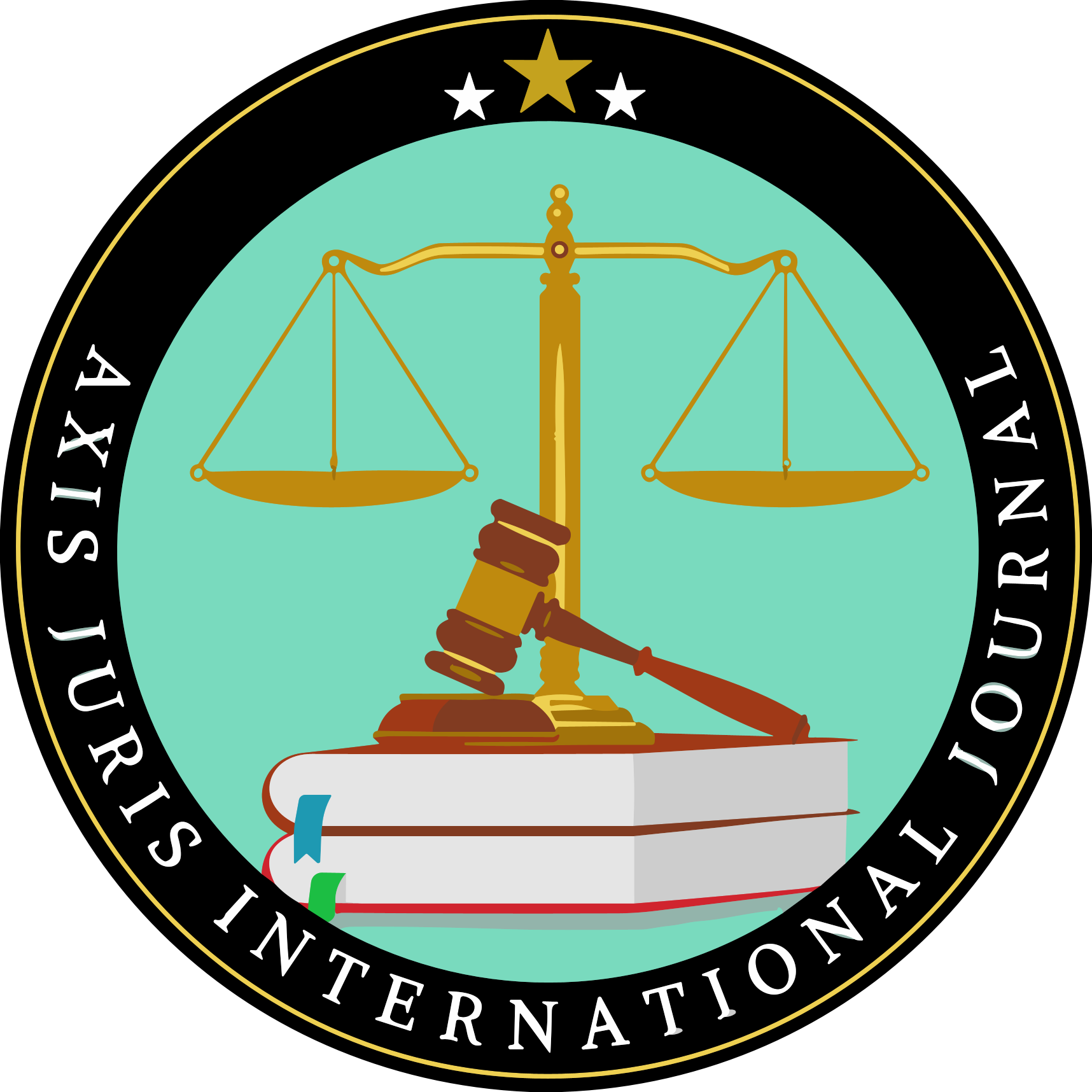AUTHOR’S NAME - Isha Kothari
INSTITUTION : SP law college, Chandrapur
INTRODUCTION:
Creditors may take action to collect debt when borrowers fail to make timely payments of the principle or interest that was promised. Bankruptcy laws provide down the procedure for recovery. “The Recovery of Debts Due to Banks and Financial Institutions Act, 1993 ” created the Debt Recovery Tribunal, a type of special court, to facilitate the prompt recovery of debts.
AIM AND SCOPE:
It was primarily established to provide banks with justice; should a borrower fail to return a loan or the interest owed, banks may apply to the Debt Recovery Tribunal. The bank may be able to reclaim the money through the Debt Recovery Tribunal.
WAY OF WORKING:
There is no upper limit to the maximum amount of default; nevertheless, the minimum amount of default, including interest, must be twenty lakhs. District judges and the Presiding Officer of the Debt Recovery Tribunal are comparable. There must be a minimum of Rs.12,000 and a maximum of Rs.1,50,000 in court expenses. Within 180 days after the Debt Recovery Tribunal’s ruling, the individual who was wronged may file an appeal with the Debt Recovery Appellate Tribunal if he is unhappy with the outcome. The Chairperson title of the Debt Recovery Appellate Tribunal is the same as that of a High Court Judge. At the now, there are five Debt Recovery Appellate Tribunals located in Allahabad, Delhi, Mumbai, Kolkata, and Chennai. Debt Recovery Appellate Tribunal may extend this time limit. The appeal must be filed within 45 days following the Debt Recovery Tribunal’s ruling. Debt Recovery Appellate Tribunal appeals can be costly; the party who is being wronged must deposit 75% of the total sum ordered by the Debt Recovery Tribunal. The Debt Recovery Appellate Tribunal has the authority to waive or lower the sum. The deposit for appeals to the Debt Recovery Appellate Tribunal originating from “SARFAESI Act” actions is half of the amount that the secured creditor is claiming, the amount specified in the Debt Recovery Tribunal’s ruling, or less.
DEBT RECOVERY APPELLATE TRIBUNALS IN INDIA:
There are five Debt Recovery Appellate Tribunal in India- “DRAT Allahabad”, “DRAT Chennai”, “DRAT Delhi”, “DRAT Kolkata”, “DRAT Mumbai” and thirty nine Debt Recovey Tribunal- “DRT-I Ahmedabad”, “DRT-II Ahmedabad”, “DRT Allahabad”, “DRT Aurangabad”, “DRT Bangalore”, “DRT-I Chandigarh”, “DRT-II Chandigarh”, “DRT-1 Chennai”, “DRT-2 Chennai”, “DRT Coimbatore”, “DRT Cuttak”, “DRT Ernakulam”, “DRT Guwahati”, “DRT Hyderabad”, “DRT Jabalpur”, “DRT Jaipur”, “DRT-1 Kolkata”, “DRT-2 Kolkata”, “DRT-3 Kolkata”, “DRT Lucknow”, “DRT-1 Mumbai”, “DRT-2 Mumbai”, “DRT-3 Mumbai”, “DRT Nagpur”, “DRT-1 New Delhi”, “DRT-2 New Delhi”, “DRT-3 New Delhi”, “DRT Patna”, “DRT Pune”, “DRT Visakhapatnam”, “DRT Ranchi”, “DRT Madurai”.
COMPOSITION:
According to Section 9 of the Act, the Chairperson of the Appellate Tribunal would be the only member of the tribunal and will be nominated by notification from the Central Government. The requirements for designating an individual as the Chairperson of the Appellate Tribunal are outlined in Section 10 of the Act. According to this provision, an individual cannot be appointed as the Chairperson of an Appellate Tribunal unless they meet one of the following requirements: (a) they are, or have been, a judge of a High Court; (b) they have served in the Indian Legal Service for at least three years and held a Grade I post; or (c) they have served as the Presiding Officer of a Tribunal for at least three years. According to Section 11, the Chairperson of an Appellate Tribunal is entitled for reappointment and will serve a period of five years beginning on the date of his appointment: With the caveat that no individual who has turned seventy years old or older may continue to serve as the Chairperson of an Appellate Tribunal.
NEW SUGGESTIONS AS PRESCRIBED BY THE BILL:
The 2016 Bill considers the reappointment of Presiding Officers of Debt Recovery Appellate Tribunals (DRTs) when determining the retirement age. This will enable the present DRT officials to continue serving for extended periods of time. In order to facilitate the documentation of applications for obligation recuperation made by these banks and budgetary institutions before the Debts Recovery Tribunals, the Central government has increased funding from Rs. 10 lakh to Rs. 20 lakh.
PROBLEMS FACED BY BANKS IN THEIR DEBT RESTRUCTURING:
Among the particular issues that banks are having with their debt restructuring are: (a) Guarantor Fund and Property Classification (a) Information loss or noncompliance with legal requirements. (c) Insufficient resources to manage enormous numbers of dispersed accounts. Because of their clientele, financial institutions are also able to offer some fundamental services. The guidelines and recommendations issued by the RBI also take into account the policies of the government.
THE RBI FACTOR:
By regulating the flow of money from banks and other financial institutions, the Reserve Bank of India promotes sustainable development. Since inflation is managed by the monetary system, as is widely known, the RBI is able to control inflation with such measures. “The Arbitration and Conciliation Act, 1996”, shall be applied to resolve any disputes that may arise between any of the parties, such as the bank, financial institution, asset reconstruction company, buyer, or otherwise, regarding securitization, reconstruction, or non-payment of any amount owed, including interest. Any person may see the details of a securitization, reconstruction, or security interest filed in the Central Register of such transactions maintained under section 22 during business hours, provided they pay the applicable charge.
CONCLUSION:
In conclusion, the Debt Recovery Tribunal (DRT) is essential to safeguarding the legal rights of Indian borrowers and creditors. Resolving debt-related issues and collecting unpaid dues is made easier with the DRT’s specialised jurisdiction and effective processes. Knowing how the DRT works and your rights in the event of any debt-related concerns is crucial for consumers. Getting help from a consumer lawyer can also be helpful when negotiating the intricate legal issues of debt collection procedures. All things considered, the DRT is an essential organisation that supports an equitable and open debt recovery system in India.
